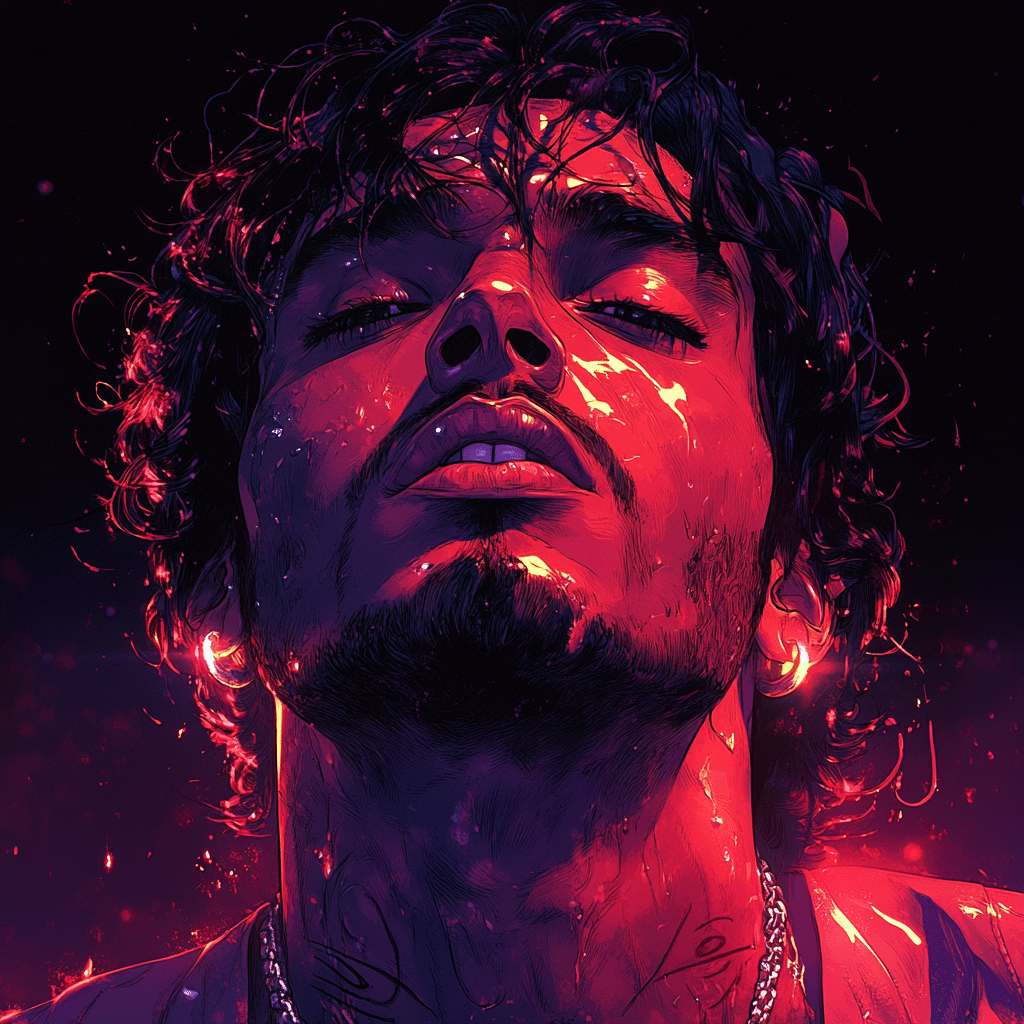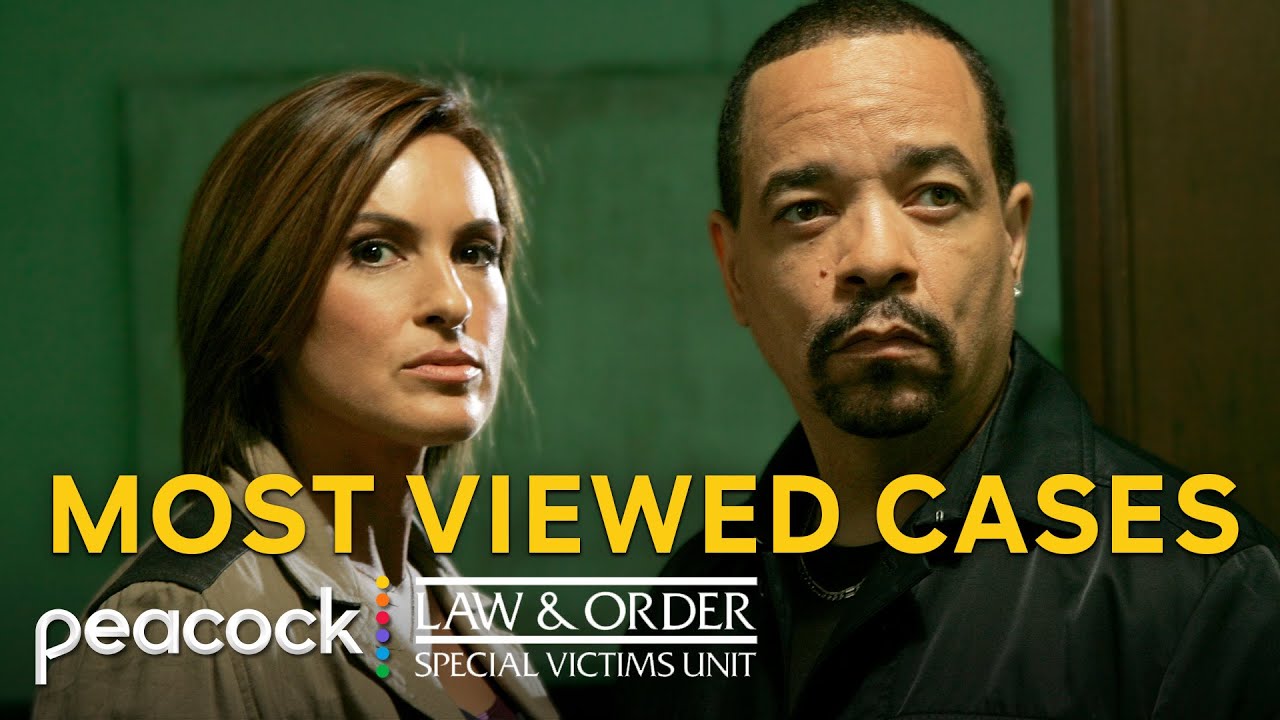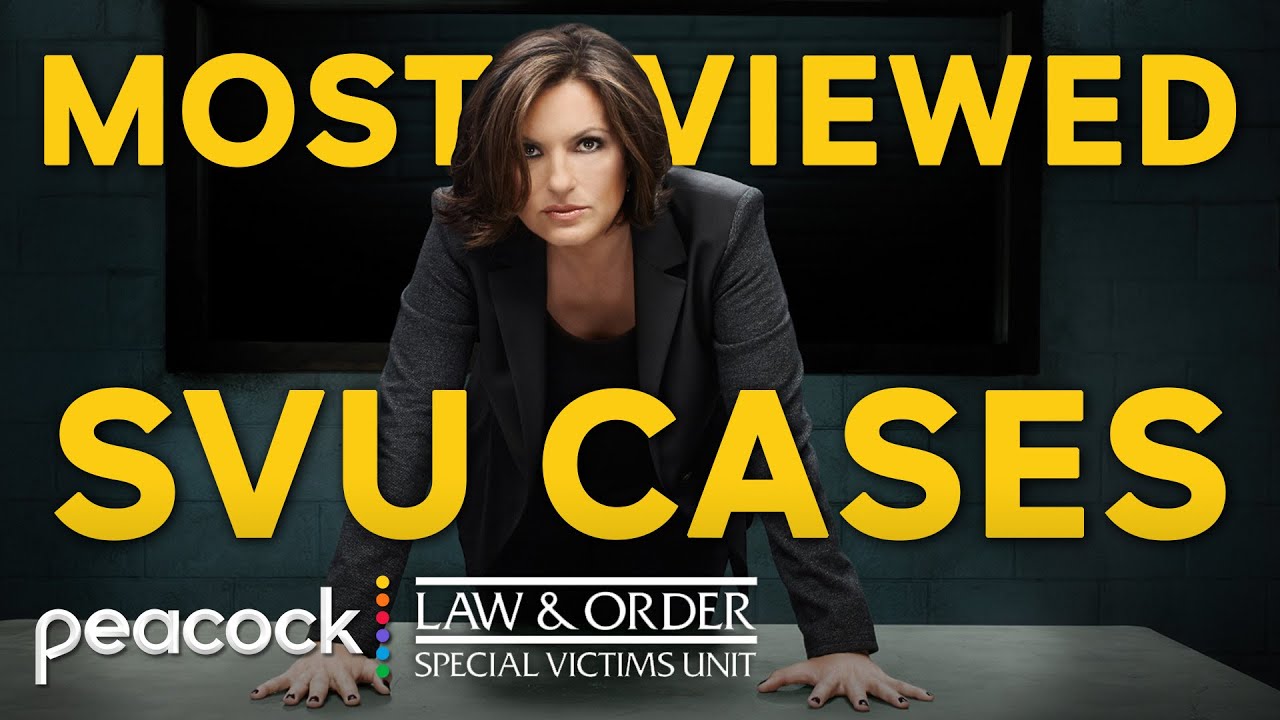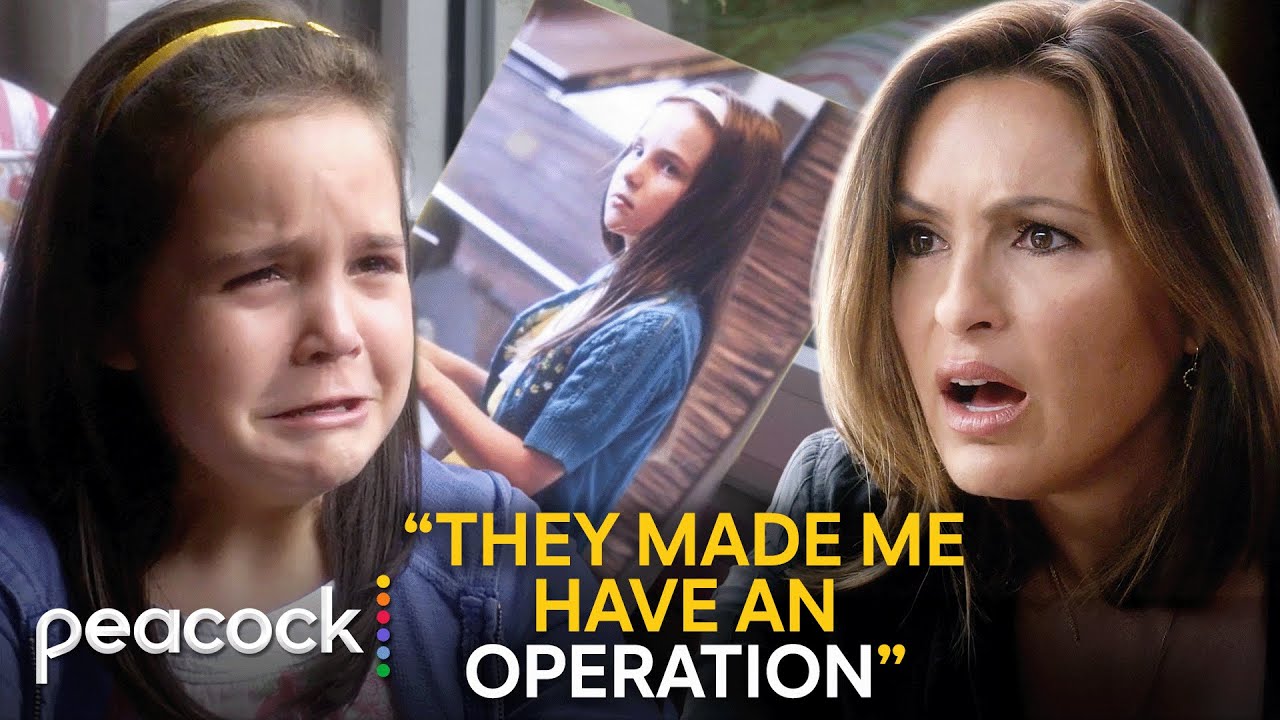“Law & Order: Special Victims Unit” (SVU) isn’t just a staple on TV; it’s essential viewing that impacts cultural conversations in today’s world. This show garners attention for its in-depth examination of pressing social issues, including topics like sexual assault, domestic violence, and human trafficking. Take, for instance, the eye-opening episode “Screwed” from Season 23. It highlights the critical flaws in the legal response to sexual abuse, pushing audiences to question how society handles such tragedies. SVU’s knack for shining a spotlight on these challenges has real ramifications—a study from the National Network to End Domestic Violence (NNEDV) found a surge in calls to domestic violence hotlines after impactful episodes. Talk about starting a conversation!
What makes SVU resonate deeply with its viewers? It’s not just the dramatic plots but how they reflect real life, prompting us to think about our world differently. The conversations that arise are not by accident; they inspire viewers to engage in advocacy and envision a society where change is not just possible but necessary. By addressing these critical themes, SVU serves not only as entertainment but as a catalyst for rethinking how we approach complex social issues.
The Impact of SVU’s Storylines on Social Awareness
SVU doesn’t shy away from tough topics. Each episode acts as a mirror, reflecting societal troubles. The exploration of themes like consent, particularly adjustments post-#MeToo movement, has become a hallmark of the show’s adaptability. Episodes such as “The Long Game” dissect the intricacies of survivor trauma, challenging audiences to reconsider conventional narratives surrounding consent. This relevance is vital; it allows viewers to connect with the characters and their struggles, pushing for a deeper understanding of the issues at hand.
The show’s impact extends beyond the screen. People find themselves not only compelled to watch but to act, often leading to increased awareness and community discussions surrounding the issues presented. SVU serves as a platform for dialogues that shape public perspectives, making hard-hitting subjects accessible for all. Viewers leave not just entertained but enlightened, often seeking further information and resources after engaging with particularly poignant episodes.
Furthermore, SVU’s audience engagement goes beyond traditional viewership. Fans flock to social media platforms to discuss episodes, outcomes, and personal insights, turning their viewing experience into a communal one. Movements such as #SurvivorStories allow fans to share their narratives and connect over shared experiences—both real and fictional. Indeed, SVU has become not just a show, but a movement all its own.
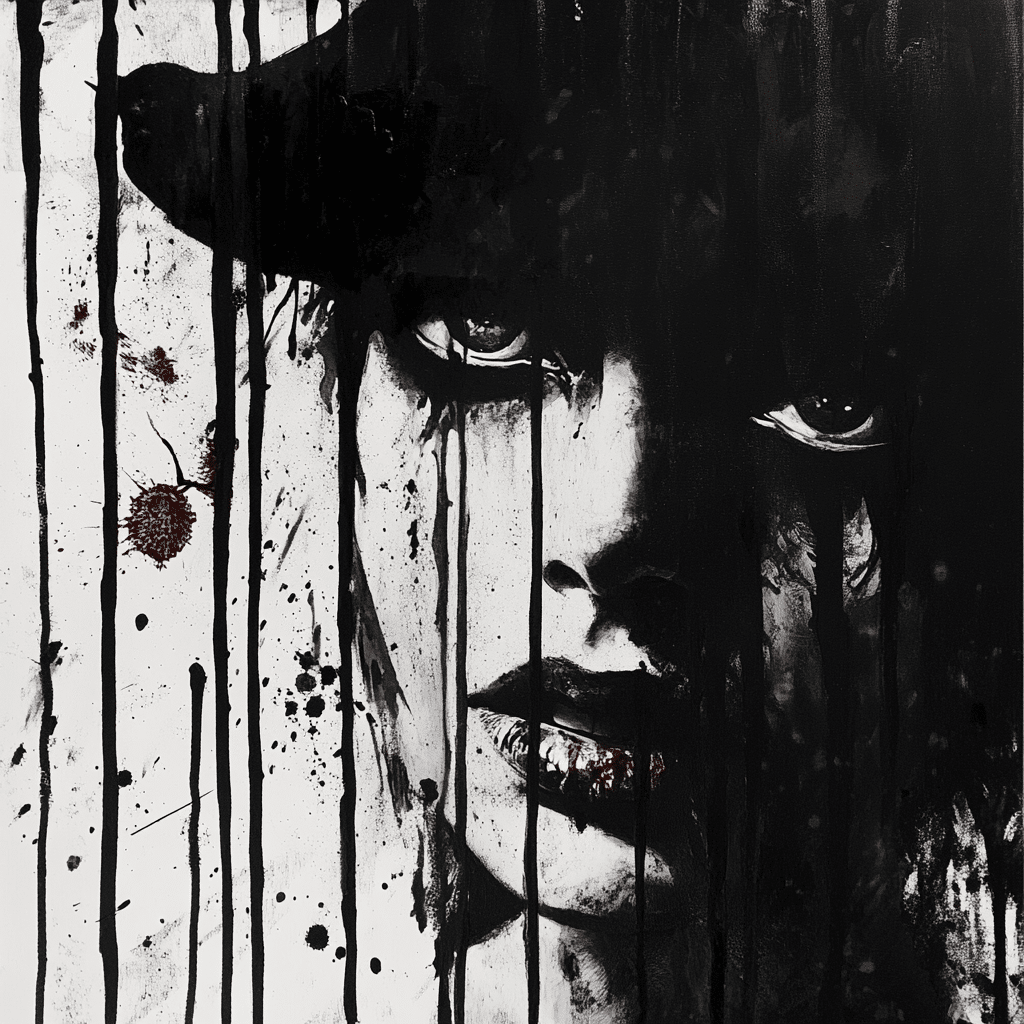
Groundbreaking Characters: The Faces of Change in SVU
Dive into SVU, and you’ll meet characters that hit close to home. Mariska Hargitay’s portrayal of Olivia Benson is iconic—she’s not just a detective; she embodies resilience and advocacy for survivors. Olivia’s evolution from dealing with her own traumatic experiences to becoming a voice for change showcases the importance of representation on screen. Her real-world activism through the Joyful Heart Foundation models how entertainment can influence societal attitudes towards sexual violence. She’s more than a character; she’s a beacon of hope that resonates with audiences everywhere.
Then there’s Detective Elliot Stabler, played by Christopher Meloni. His character grapples with the emotional fallout of confronting heinous crimes, something that highlights the mental health struggles overlooked often in law enforcement. His return in “Law & Order: Organized Crime,” feels like more than a comeback—Stabler opens discussions about the mental health crises facing first responders today. Shows like SVU can provide pivotal portrayals that transcend entertainment into real-life implications.
And we can’t forget Dr. George Huang (BD Wong). His role brought a crucial psychological dimension to criminal investigations, emphasizing the importance of mental health in understanding both victims and perpetrators. His departure from the show made waves, reminding audiences that mental health cannot be sidelined in the pursuit of justice. Each character contributes to a narrative that recognizes diverse perspectives, shining light on issues that demand attention and action.
The Relevance of SVU in Today’s Society
SVU stays relevant with its evolving narratives. By reflecting current issues—like societal discussions about consent and the treatment of marginalized communities—it stands the test of time. After #MeToo, SVU adapted by enhancing storylines that delve into the outcomes of sexual assault, ensuring the conversation stays alive and relevant. It’s fascinating how the show morphs with the times, presenting cutting-edge narratives that challenge cultural perceptions.
Even as crime statistics evolve, SVU remains on the pulse of relevant social issues. The show’s progressive portrayal of characters like Detective Kat Tamin (Jamie Gray Hyder) indicates its commitment to showcasing diversity within law enforcement. By embracing these fresh perspectives, SVU reinforces its relevance in today’s multi-faceted landscape, providing a platform for voices that might otherwise be overlooked.
With every episode release, SVU builds upon previous narratives while introducing contemporary dialogue. By incorporating issues that impact real lives today, it creates a narrative tapestry that’s rich in connection and depth. The stories told resonate longer than the 60-minute runtime and continue to influence societal views on crucial matters.
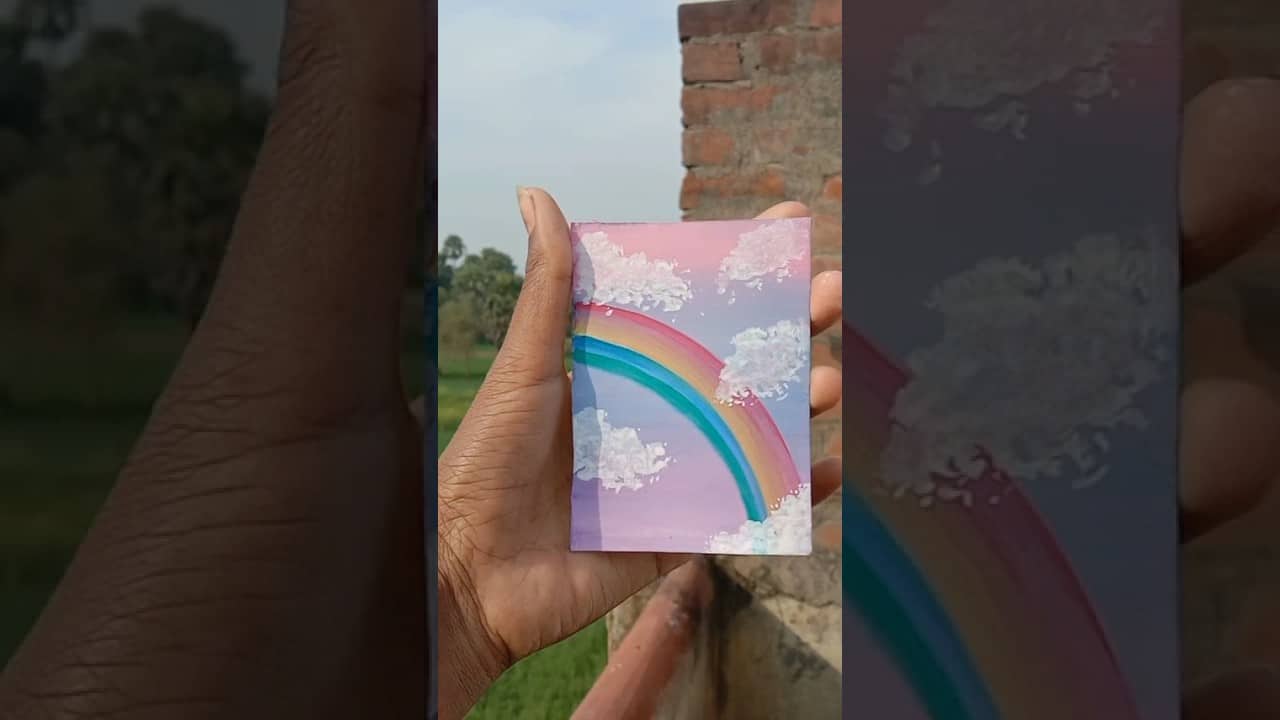
Viewer Engagement and Its Impact on Policy
SVU isn’t just popular; it drives discussions and even policy shifts. The show’s influence on viewers can spark activism, reflecting its power to enact change. When particular episodes air—like the aforementioned “Screwed”—community organizations often report increased discussions around the necessity for stronger laws regarding sexual assault. This illustrates how SVU transforms viewership into actionable advocacy, fostering a more informed and engaged public.
With the rise of digital platforms, SVU’s reach has expanded exponentially. Social media acts as the modern gathering place for fans to dissect episodes, analyze implications, and support related causes. Platforms like Twitter and Instagram have birthed movements such as #SurvivorStories, encouraging open discussions that resonate with viewers. This level of engagement continues to bolster the show’s legacy as more than mere entertainment.
The fact that something as simple as watching a TV show can lead to real-world action is phenomenal. SVU inspires viewers to transcend passive consumption, urging them to engage in conversations that can lead to tangible reforms. The show doesn’t only entertain; it mobilizes communities to rally around vital issues and advocate for change.
Beyond Entertainment: SVU as a Pathway to Change
In an age where media can shape public opinion, SVU stands as a beacon for how storytelling compels us to address real-world issues. This series offers character-driven narratives with nuanced commentary, inspiring viewers to confront the often uncomfortable realities of crime and justice. As it moves forward, SVU is poised to keep pushing boundaries and inspiring conversations that echo beyond the confines of the screen.
Ultimately, SVU isn’t just a police procedural; it’s a cultural touchstone that challenges and engages us about the society we inhabit. With a legacy built on impactful storytelling and characters, it’s no wonder that SVU remains a pivotal voice in contemporary media discourse. As it continues to evolve and adapt, we can expect it to keep driving important conversations and motivating change for years to come.
SVU might just be the ticket to raising awareness—whether through riveting stories or flawed systems—demonstrating how art, too, can reflect life and inspire us to strive for a better tomorrow.
So, whether you’re a die-hard fan or new to the show, remember: Each episode invites you to engage, reflect, and perhaps even take action. Grab your popcorn, and get ready to be part of the conversation!
SVU Inspires Change with Impactful Storylines and Characters
Breaking Boundaries
“Law & Order: SVU” is more than just a procedural drama; it’s a cultural phenomenon that incites discussions on critical social issues. The show has tackled everything from sexual assault and abuse to domestic violence, thereby helping many viewers navigate their own experiences. Interestingly, the series has inspired initiatives aimed at real change, with some instances echoing unforgettable moments like the startling revelations in the ongoing narrative of better watch out, which emphasizes the importance of vigilance in personal safety.
One bold step SVU took was casting current teen heartthrob Jaeden Martell for a guest role. He’s become quite the sensation, often linked to discussions around younger actors like Jonathan Taylor thomas, who paved the way in the 90s. SVU has a knack for spotlighting emerging talent while addressing significant societal concerns, and it significantly resonates during its episodes that shape public perception. The team behind the scenes seems to understand that they’ve got an opportunity to drive real conversations—making every episode count.
Impactful Characters
Characters like Olivia Benson and Elliot Stabler serve not just as heroes; they’re representations of empathy, resilience, and justice. The portrayal of these roles often leads to broader conversations, making Hollywood pay attention to the way they craft their characters. In a way, they’ve inspired other productions to dig deeper, similar to how college brawl showcased a diverse range of voices and experiences. This leads us to ponder how impactful characters can spark change in the audience, bringing attention to current issues in an engaging format.
Moreover, a unique quality of SVU is its ability to keep stride with various social topics, even venturing into things like headlines about wellness trends, often referencing socio-political commentary like poor Mans Ozempic. Cannily navigating the tides of culture, SVU ensures that conversation continues long past the credits. The riveting plotlines inspire viewers to connect and react, transforming their understanding of sensitive topics into informed conversations that matter.
Through engaging storytelling that holds a mirror to society, “Law & Order: SVU” captivates audiences while inspiring change. Whether you’re discussing the latest gossip around stars like Perez Hilton or analyzing a gripping episode, SVU continues to hold a significant place in both pop culture and the landscape of serious dialogues.
